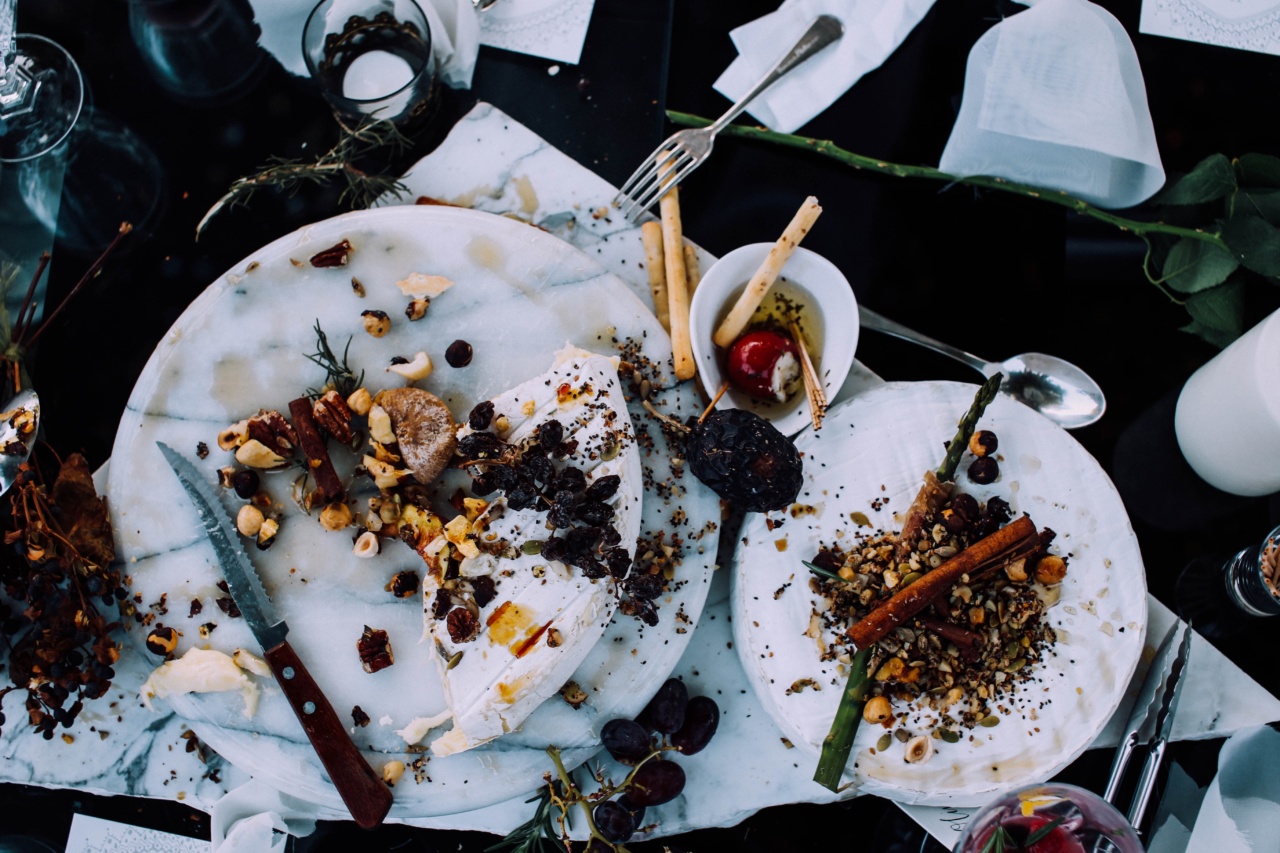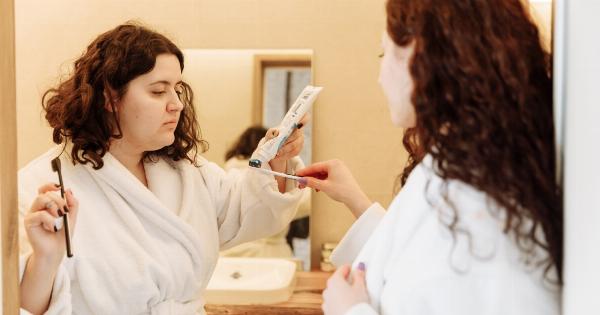Brushing our teeth regularly is an essential part of maintaining good oral hygiene. It helps remove plaque, prevent gum diseases, and keeps our breath fresh. However, the question of when to brush our teeth is also important.
Many people believe in brushing immediately after eating to cleanse their mouths thoroughly. In this article, we will explore the pros and cons of brushing immediately after eating to help you make an informed decision for your oral health.
Pros of Brushing Immediately After Eating
1. Freshens Breath
Brushing after a meal can help freshen your breath and remove any lingering food particles. By eliminating the debris from your mouth, you can minimize the potential for bad breath.
2. Prevents Cavities
Food particles and bacteria left in the mouth after a meal can contribute to the formation of cavities. Brushing immediately after eating can help remove these harmful substances and reduce the risk of tooth decay.
3. Removes Stains
Certain foods and beverages, such as coffee, tea, and berries, can stain our teeth. Brushing immediately after consuming these staining substances can help minimize the discoloration and keep your teeth looking brighter.
4. Reduces Plaque Buildup
Plaque is a sticky film of bacteria that forms on our teeth. It can lead to tooth decay and gum diseases if not effectively removed. Brushing immediately after eating helps eliminate plaque buildup, reducing the risk of oral health issues.
5. Promotes Gum Health
Brushing immediately after eating can help remove food particles and bacteria that may get trapped along the gumline. It contributes to healthier gums and a reduced risk of gum disease.
Cons of Brushing Immediately After Eating
1. Acidic Damage
Some foods and beverages, particularly those high in acidity, can weaken tooth enamel. Brushing immediately after consuming acidic substances can cause enamel erosion as the acids soften the outer layer of the teeth.
It is best to wait at least 30 minutes before brushing to allow the saliva to neutralize the acids and remineralize the enamel.
2. Ineffective Cleaning
Brushing immediately after eating may not effectively remove all the food particles and bacteria from your mouth. Chewing food stimulates saliva production, which helps clean the teeth naturally.
By brushing immediately, you may disrupt the natural cleansing process, leaving behind harmful substances.
3. Gum Sensitivity
Some people may experience gum sensitivity after eating. Brushing immediately can further aggravate sensitive gums and cause discomfort. It is advisable to wait until your gums feel normal before brushing to avoid any potential irritation.
4. Enamel Wear
Brushing immediately after consuming acidic foods or drinks can lead to enamel wear due to the abrasive action of the toothbrush. Enamel erosion can make your teeth more prone to sensitivity and other oral health issues over time.
5. Time Constraints
Brushing immediately after every meal may not always be feasible, especially if you are at work or in a public setting. It may be more convenient to wait until you have access to a toothbrush and water before brushing, ensuring a thorough cleaning.
Conclusion
Brushing immediately after eating has its pros and cons.
While it can freshen breath, prevent cavities, remove stains, reduce plaque buildup, and promote gum health, there are also risks associated with immediate brushing, such as acidic damage, ineffective cleaning, gum sensitivity, enamel wear, and time constraints. It is essential to strike a balance and consider the nature of the meal, acidity of the foods consumed, and your overall oral health.
Consulting with your dentist can also provide valuable guidance on the best brushing practices suitable for your specific needs.






























